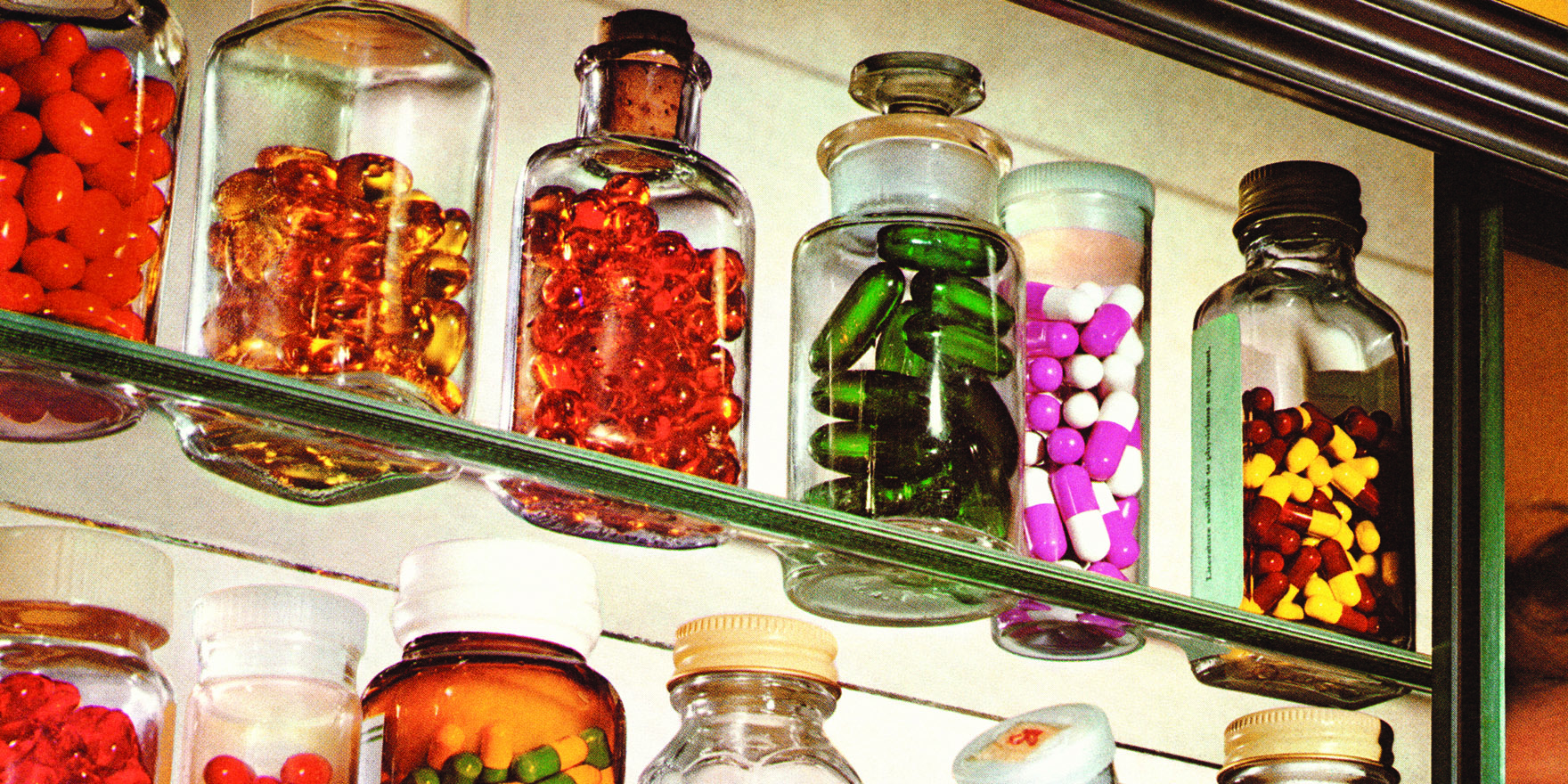Shifts in the gut microbiota created by antibiotics may be a factor in the development of colorectal polyps
The role of the microbiome may be more important in bowel cancer than previously thought, with research linking long-term antibiotic use to pre bowel-cancer growths.
The study found that women who took antibiotics for at least two months in their 20s and 30s had a 36% increased risk of developing adenomas compared with those without antibiotic exposure, while women who took the medications for at least two months in their 40s and 50s had a 69% increased risk.
“To the best of our knowledge, this study is the first to link duration of antibiotics use, in a dose-dependent fashion, to colorectal adenoma, the primary precursor of colorectal cancer,” the authors wrote.
The authors analysed data from the Nurses’ Health Study, an observational prospective study of more than 121,000 female nurses, which has been gathering questionnaire data every two years since its launch in 1976.
They limited their study sample to almost 17,000 women, all of whom were over-60 and had reported a history of antibiotic use and at least one colonoscopy.
Over the course of the study, 1195 cases of adenoma occurred, but recent exposure to antibiotics, defined as the last four years, had no impact on adenoma rate.
Antibiotics shift the gut microbiota to a temporally quasi-stable or alternative stable states.
Dr Katherine Ellard, honorary secretary of the Gastroenterological Society of Australia, a said this might be one of the first papers that showed a direct and unintended environmental effect upon polyps through the widespread use of antibiotics.
“We know that polyps can be influenced by things like people taking aspirin or calcium and possibly vitamin D,” she said.
“We think that all bowel cancers come from polyps. Not all polyps would become bowel cancer, but we spend an awful lot of time and money doing colonoscopies to remove polyps.”
The research found long-term antibiotic exposure wasn’t related to whether the adenomas were high or low risk, although it was linked to a moderately increased risk of adenomas in the proximal, rather than distal, colon.
Dr Ellard said the faecal microbiome was, in a sense, the “flavour of the month”.
“I think it is really, really important,” she said. “We don’t know much about it really, and we don’t know how to change it really, but perhaps that is the way antibiotics do affect polyps. It’s hard to know.”
While it was not possible to know if the relationship was causal, the authors offered biological explanations for the link.
“Antibiotics shift the gut microbiota to a temporally quasi-stable or alternative stable states,” the authors wrote.
This generally resulted in a loss of diversity, shifts in metabolic capacity and reduced resistance to colonisation by invading pathogens.
“The interactions of these dysbiotic microbiota with mucosal immune and epithelial cells may be critical in the initiation and/or promotion of colorectal carcinogenesis,” the authors wrote.
It was also possible that the pathogens behind the need for antibiotics could have caused inflammation, a known risk factor for colorectal cancer.
Other studies have found links to antibiotics and bowel cancer, but most were short term.
CEO of Cancer Council Australia, Professor Sanchia Aranda, urged clinicians to help reduce the bowel cancer burden using tried and true methods, such as screening.
“Advice and support from GPs is crucial to increasing participation in Australia’s National Bowel Cancer Screening Program, which could prevent 84,000 premature bowel cancer deaths by 2040 if we can get participation up to 60% by 2020,” she said.
Risk factors such as high BMI, poor diet, physical inactivity, excess drinking and smoking were all more strongly correlated with bowel cancer than antibiotics, Professor Aranda said.
Gut 2017; online 5 April


